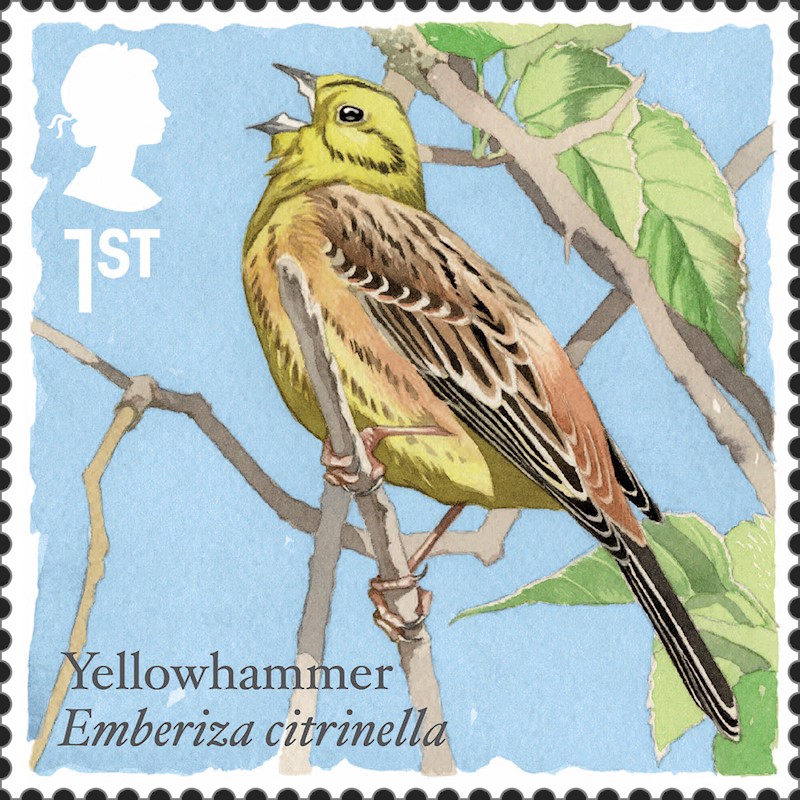The UK population of yellowhammers (Emberiza citrinella) has declined since the mid‐1980s. Concurrent increases in the use of pesticides are believed to have reduced the availability of food resources for farmland birds, including yellowhammers. We studied nesting yellowhammers on a lowland arable farm in North Yorkshire between 2001 and 2003, to examine the effects of food abundance on breeding success and the effects of insecticide on food abundance.
Arthropod abundances around individual nests were sampled and the timing and location of insecticide applications were recorded. Nestling condition and mass on day 6 after hatching were positively correlated with the abundance of arthropods important in the diet of nestling yellowhammers. Greater mean body mass and condition corresponded with a lower incidence of brood reduction.
The abundance of arthropods important in the diet of nestling yellowhammers increased between mid‐May and the end of July. However, arthropod samples collected within 20 days of an insecticide application did not show this seasonal increase in abundance and were depressed at levels likely to affect yellowhammer breeding performance adversely.
Source:
J. D. HART et al. Journal of Applied Ecology (2006) 43, 81–91
doi: 10.1111/j.1365-2664.2005.01103.x

- Login om te reageren
